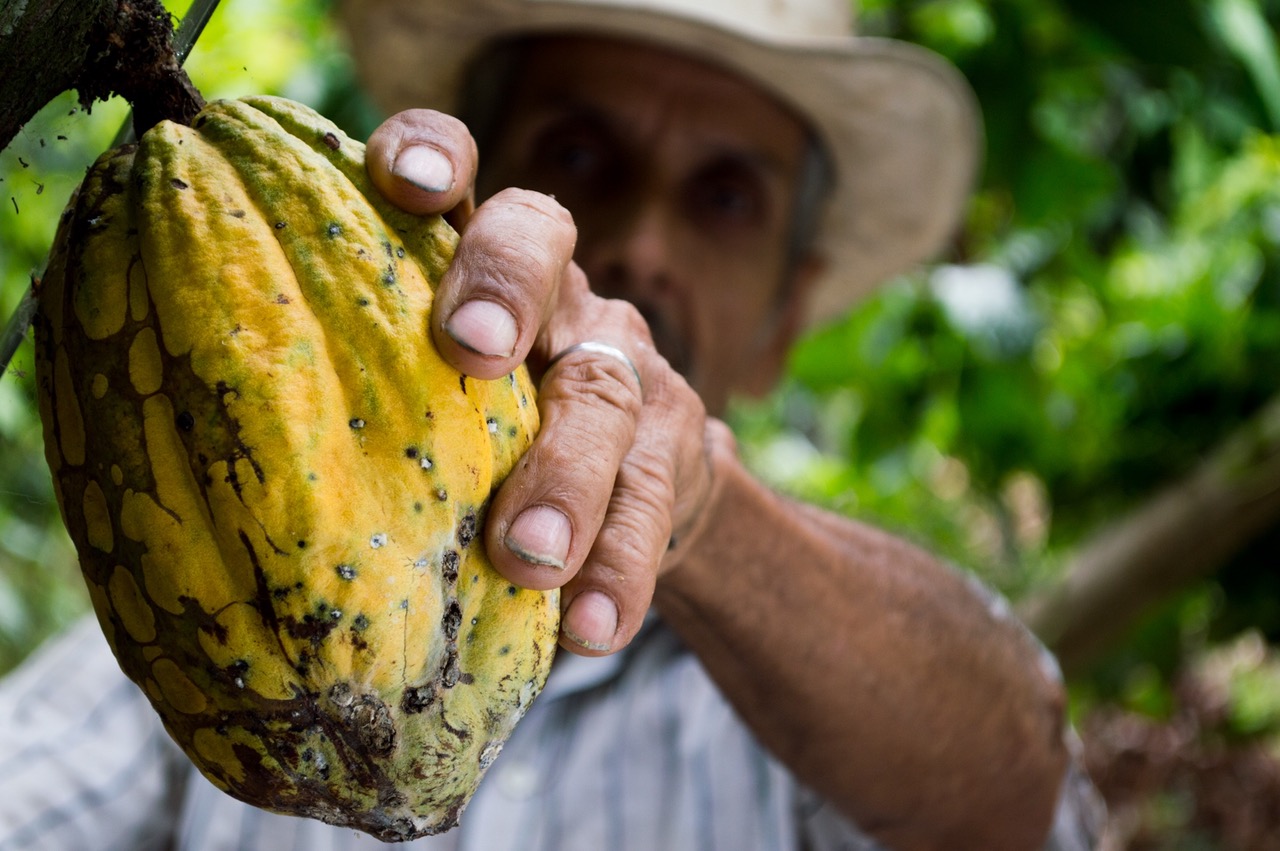A Narrow Focus on Boosting Farm Production Can Result in Land Degradation, Deforestation and Pollution
Author: Sophie Hares | Published: May 3, 2017
Efforts to fight rural poverty need to take better account of the environment and local culture to avoid exacerbating the problems they are meant to solve, researchers said.
Agricultural development programmes should consider more than just economic growth when trying to move people out of the poverty trap, and consider the links between social and ecological systems, said a paper published on Wednesday in the journal Science Advances.
“If you’re ignoring nature and culture, even the economic equations show there would be adverse consequences,” said co-author Jamila Haider from the Stockholm Resilience Centre.
Traditional seed types and agricultural practices risk being lost, alongside cultural links to crops, through development projects to introduce higher-yielding and more marketable crops.
In some cases, a rise in production has resulted in worse land degradation, including deforestation and pollution, and left communities more exposed to shocks, said the researchers.
They also noted cases where new seed types failed because local customs and environmental conditions were neglected.
The report said “resilience thinking” could shed light on why many aid projects – including those that pay for seeds, fertilizers, and machinery – fail to help people out of poverty.

